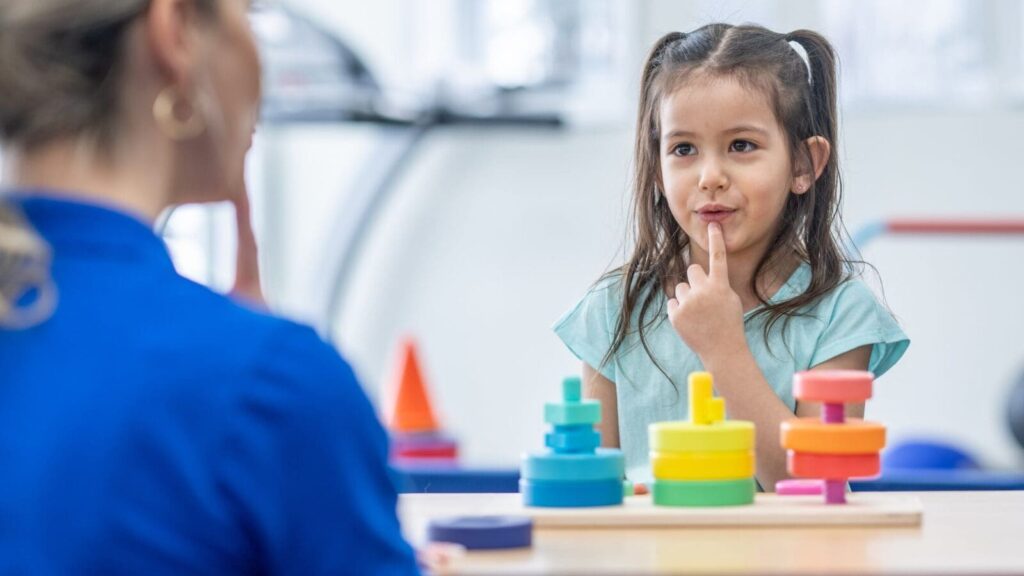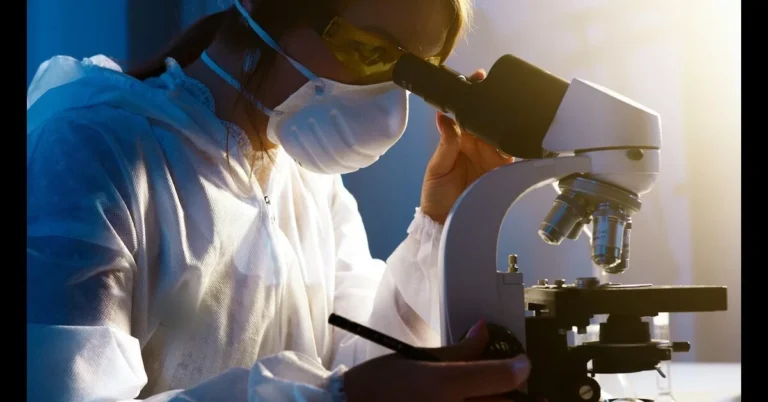Unlocking Communication: The Role of a Paediatric Speech Pathologist
Communication is a fundamental skill that defines human interaction and development. For children, the ability to express themselves and understand others is crucial for their overall growth and learning. However, some children encounter challenges in their speech and language development, which can lead to difficulties in their academic, social, and emotional well-being. In such cases, the intervention of a paediatric speech pathologist can be transformative.

Understanding Paediatric Speech Pathology
Speech pathology is a specialised field that addresses communication disorders and swallowing difficulties. When it comes to children, a paediatric speech pathologist focuses on age-appropriate speech, language, voice, fluency, and auditory processing. These professionals are adept at identifying issues in young patients and providing tailored therapy to support their developmental needs.
The Importance of Early Intervention
Early intervention is critical when it comes to speech and language therapy. The sooner issues are detected and addressed, the less impact they may have on a child’s future. Paediatric speech pathologists work to ensure that each child they work with can reach their potential in communication skills, which are the building blocks for successful learning and socialisation.
Areas of Expertise
Communication disorders present in various forms, ranging from articulation difficulties and stuttering to language delays and disorders such as autism spectrum disorders. Paediatric speech pathologists possess the knowledge to work across this broad spectrum of issues, employing a variety of techniques and tools tailored to each child’s unique needs.
The Assessment Process
The work of a paediatric speech pathologist begins with a thorough assessment to identify the nature and extent of the child’s communication difficulties. This process may involve direct interaction with the child, discussions with caregivers, and collaboration with other educational and medical professionals. The goal is to establish a clear picture of the child’s abilities and challenges.
Developing Individualised Therapy Plans
Upon completing the assessment, a paediatric speech pathologist devises an individualised therapy plan. This plan sets specific goals and outlines the strategies and activities that will assist the child in overcoming their communication barriers. The plan is continually reviewed and adjusted as the child progresses, ensuring that the therapy remains effective and relevant.

Family Involvement in Therapy
Family involvement is crucial in the success of speech therapy. A paediatric speech pathologist educates and empowers parents and caregivers to provide support and encouragement outside of therapy sessions. Through guidance and training, family members learn how to create an environment that nurtures language development at home.
Educational Collaboration
Education settings are primary environments for children’s speech and language growth. Paediatric speech pathologists often work closely with teachers and educational staff to integrate communication goals within the classroom. This collaboration ensures that children receive consistent support and opportunities to practice their skills in diverse settings.
Utilising Technology in Treatment
Advancements in technology have greatly enhanced the tools available to paediatric speech pathologists. From specialised apps to interactive games, technology offers engaging and effective means for children to develop their communication skills. These tools not only make therapy sessions more enjoyable, but they also allow for customisation to each child’s interests and needs.
Fostering Social Interaction
Beyond the mechanics of speech and language, paediatric speech pathologists place a strong emphasis on the social use of communication. Children are guided in understanding social cues, taking turns in conversation, and using language in various social contexts. These skills are vital for building relationships and participating in community life.
Collaboration with Other Specialists
Sometimes, a child’s communication issues are part of a broader developmental picture that may include other concerns, such as auditory processing disorders or motor skills difficulties. In such cases, paediatric speech pathologists collaborate with other specialists to provide a comprehensive and coordinated approach to the child’s development.
Monitoring Progress and Outcomes
Throughout the course of therapy, paediatric speech pathologists carefully monitor the child’s progress. Regular assessments and feedback from the child, family, and school help to gauge the effectiveness of the therapy and inform any necessary adjustments. Celebrating milestones and acknowledging effort are also part of sustaining motivation for the child across their journey.
The Long-Term Perspective
The ultimate goal of a paediatric speech pathologist is to equip children with the skills necessary for life-long communication. Therapy may vary in duration, with some children needing only a few sessions, while others may require support over several years. Regardless of the timespan, the objective remains the same: to allow each child to communicate confidently and effectively.
Conclusion
The role of a paediatric speech pathologist is multifaceted and integral in unlocking the world of communication for children facing challenges. Through expert assessment, tailored therapy plans, family and educational involvement, and the use of technology, these professionals strive to ensure that every child has the opportunity to express themselves and understand the world around them. With patience, expertise, and dedication, paediatric speech pathologists make an indelible impact on their young patients’ lives, setting them on a path for success and connection.






